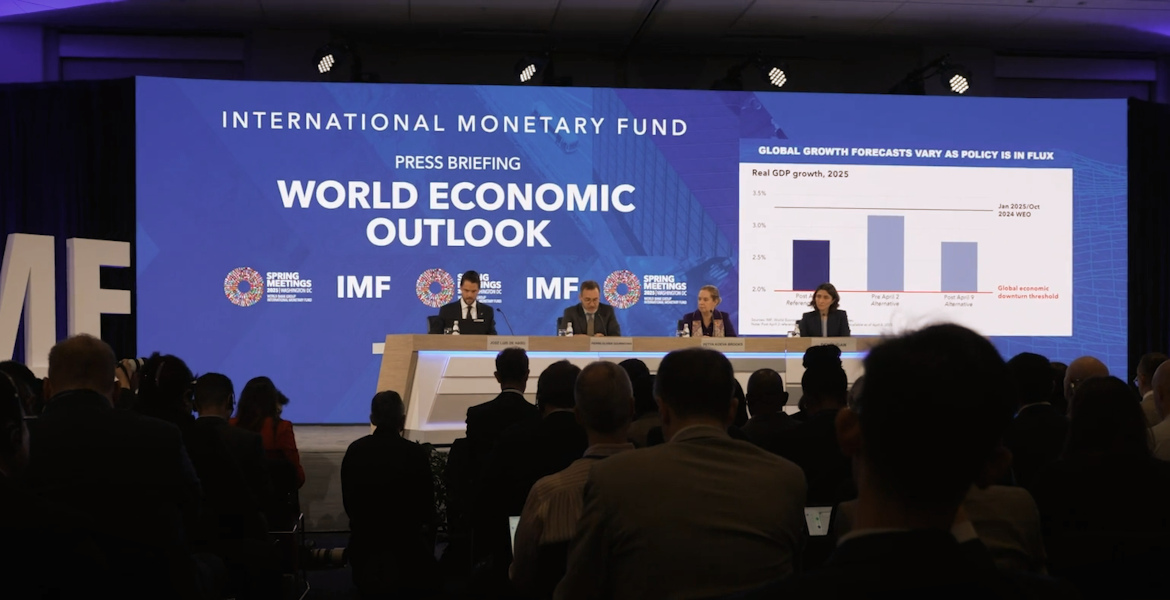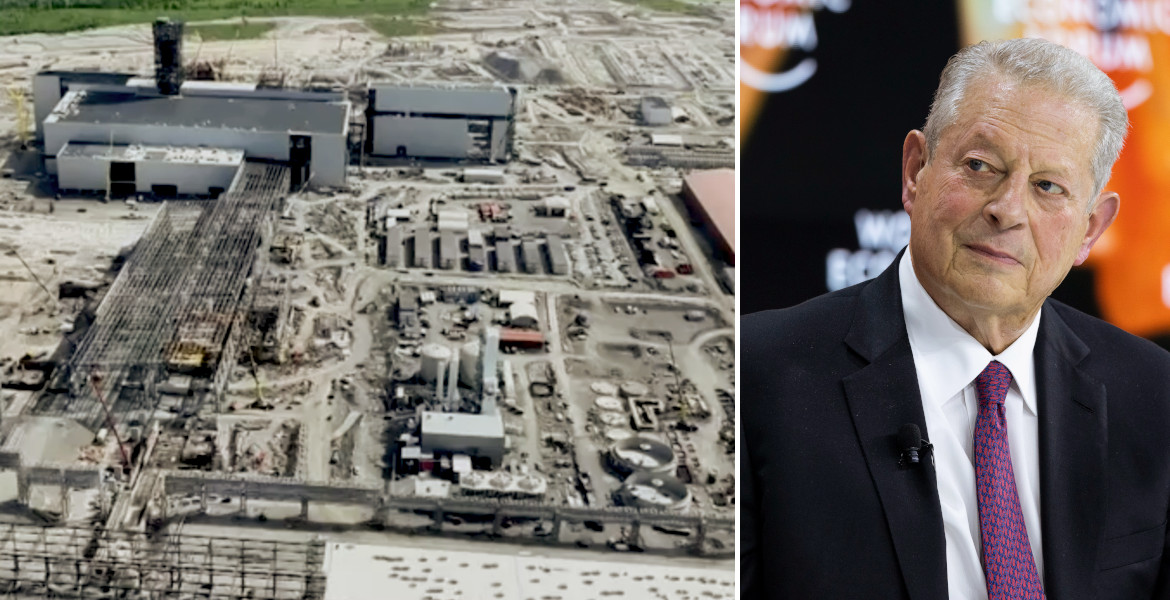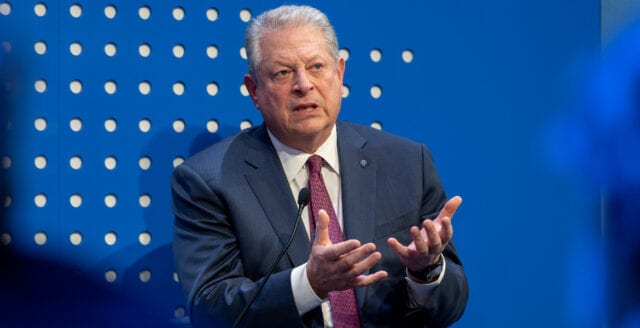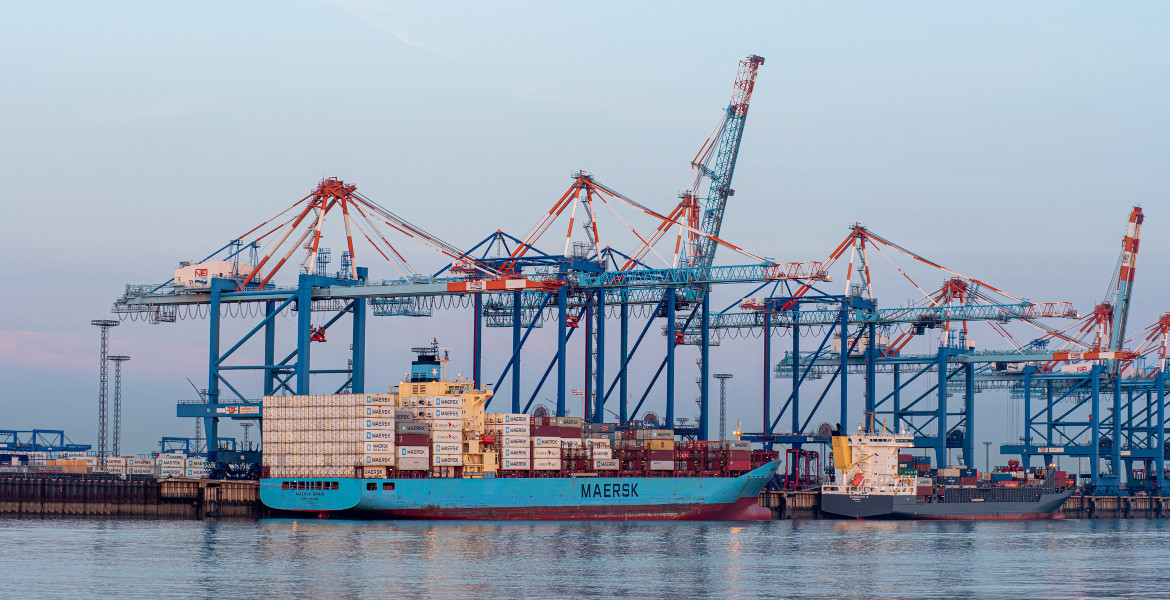The international economic order is undergoing a complete transformation due to increased uncertainty over US trade policy, according to the International Monetary Fund (IMF).
"The global economic system under which most countries have operated for the last 80 years is being reset, ushering the world into a new era", writes IMF chief economist Pierre-Olivier Gourinchas.
While Donald Trump has imposed sweeping trade restrictions and tariffs, the influential organization has lowered its global growth forecast, predicting in its latest report that world growth will fall to 2.8% – down from 3.3% last year.
"Existing rules are challenged while new ones are yet to emerge", Gourinchas continues, describing how tariffs today are at levels not seen since the Great Depression that began in the 1920s.
He argues that the sudden tariff increases and broader policy uncertainty could significantly slow global growth going forward and has lowered the forecast for US growth to a weak 1.8% from 2.8% in 2023 – and predicts further stagnation next year.
Our new WEO out. The global economy is entering a new era. Effective tariff rates reach levels not seen in a century. We project global growth at 2.8% for 2025—a major downgrade reflecting escalating trade tensions and high policy uncertainty. https://t.co/GGmkCGKeZd pic.twitter.com/SAMl1ZKX8y
— Pierre-Olivier Gourinchas (@pogourinchas) April 22, 2025
145% tariffs against China
US trading partners such as Mexico, Canada and China are also expected to be hit, according to the report – with Chinese growth falling to around 4% due to attempts to counteract US tariffs. Most EU economies are also expected to grow much more slowly than before.
What Trump has done is impose a blanket 10% tariff on almost all imports from around the world – as well as tariffs of at least 145% on Chinese goods. Additional tariffs have also been introduced against many other countries – but these have been paused until July, and in the meantime new trade deals are being negotiated.
The Trump administration argues that previous trade deals have been unfavorable to the US and that the country has been economically exploited in various ways – and that the tariffs should restore some form of fairness. Anyone who responds by raising tariffs against the US can expect even higher trade tariffs as punishment.
"Desolate mood"
The uncertainty and volatility that has characterized the trade war, and the fact that no one seems to really know what happens next, is described as having been crucial to the shaking of the world economy.
The IMF report is officially presented this week in connection with the organization's spring meeting in Washington, and the Swedish Minister of Finance Elisabeth Svantesson is in attendance.
– The mood is desolate. A lot has changed in just a few months, she says, and believes that the reality has become worse than first predicted.
– Around the world, we can now expect growth to slow down. This affects the US, Sweden, but also the poorer countries that are so dependent on free trade. This is causing the foundations to shake a lot, the Minister continues.







